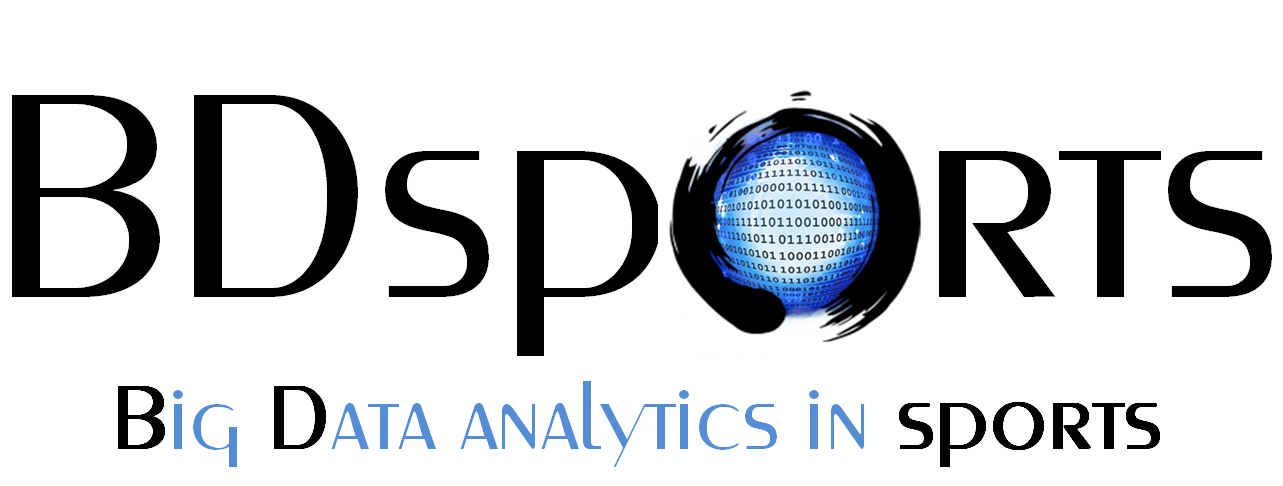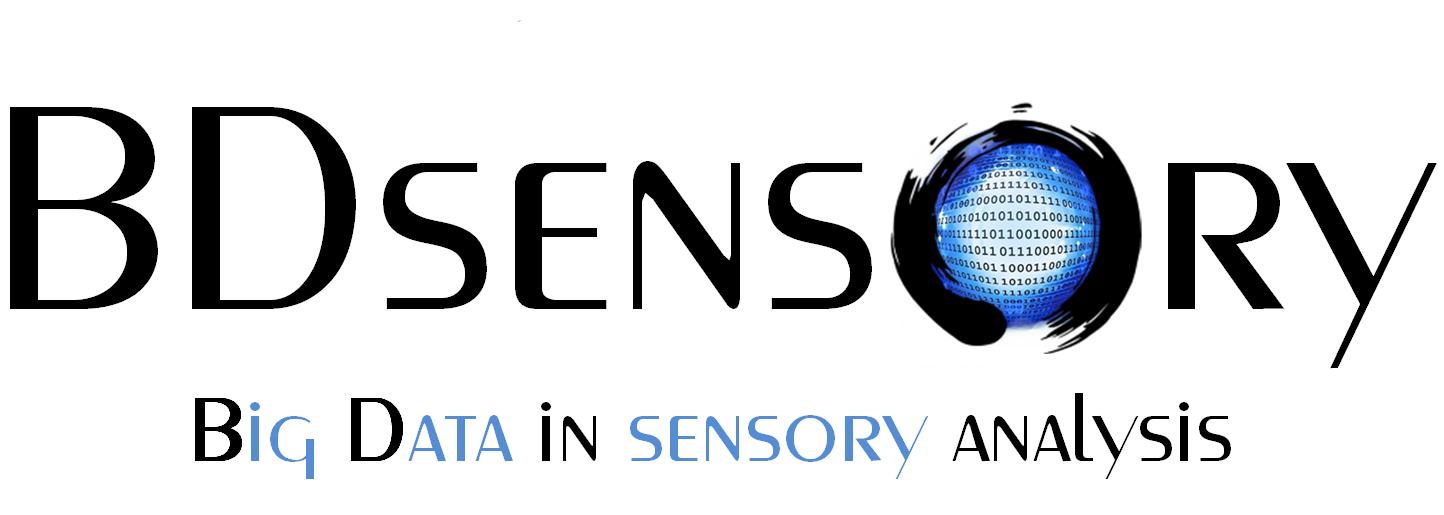
Scientific coordinators: Paola Zuccolotto and Marica Manisera
View Project

Scientific coordinators: Eugenio Brentari and Luigi Odello
View Project

Scientific coordinator: Devis Bianchini
View Project

Scientific coordinator: Stefano Calza
View Project
Machine Learning methods for Variable Importance Measurement (VIM) and Variable Selection
The project aims at developing machine learning methods and tools for Variable Importance Measurement (VIM) and Variable Selection in statistical prediction problems. The topic is analyzed from a methodological and empirical point of view; specific computational functions are built for the new proposed procedures. From the point of view of the methods, the main focus is on ensemble learning techniques.
Scientific coordinators: Paola Zuccolotto, Marco Sandri
View project
Statistics, data mining and machine learning for the analysis of microarray and RNA-Seq gene expression data in grapevine
The project is carried out in collaboration with researchers of the Department of Biotechnology, University of Verona. Microarray and RNA-Seq gene expression data in grapevine are analyzed with statistical methods and data mining/machine learning algorithms in order to detect associations and relationships with reference to genotype, environment, developmental stages and interactions among them.
Scientific coordinators: Paola Zuccolotto, Marco Sandri
View project
Basketball Action Recognition
This project focuses on extracting meaningful play-by-play information from segments of basketball video by identifying salient actions such as passes, shots, and rebounds. By combining statistical methods with recent advances in vision-language models, the system enables automated understanding of basketball gameplay for analytics, broadcasting, and sports intelligence applications.
Scientific coordinator: Gabriele Giudici
View project
Data Science for Brescia – Arts and Cultural Places
The Project “Data Science for Brescia – Arts and Cultural Places” (DS4BS) has the main objective to increase knowledge about the way people visit the cultural places (museums, theaters, monuments and historic buildings) in the city of Brescia, in order to support institutions and decision makers. Special attention is devoted to the experimentation of new ways for public detection and engagement, exploring cultural attitudes and perceptions, and developing new forms of accessibility to culture, also with reference to the cultural tourism.
Scientific coordinator: Marica Manisera
Participants: Devis Bianchini, Barbara Rita Barricelli, Maurizio Carpita, Daniela Fogli, Paola Zuccolotto
View project
Analysis of Rating Data in the CUB class framework
This page collects the main methodological advancements developed by the BODaI-Lab research group on the topic of rating data analysis by means of statistical models in the CUB class. The original CUB (Combination of Uniform and Binomial) model was introduced in 2005 by D’Elia and Piccolo. Since then, several extensions have been proposed worldwide. The BODAI-Lab research group gave birth to NLCUB (NonLinear CUB) in 2014 and to CUM (Combination of Uniform and Multinomial) in 2022. In addition, the problem of “don’t know” responses (DK) has been considered from a methodological point of view and a novel proposal has been advanced in this context, able to treat DK as valuable information, instead of missing data as usual.
Scientific coordinators: Domenico Piccolo, Paola Zuccolotto, Marica Manisera, Rosaria Simone
View project
Machine Learning for Survival Data
The project aims at studying machine learning algorithms for survival analysis, with main focus on survival trees and survival random forests. The topic presents still some unclear points, mainly dealing with performance assessment. Moreover, there is still not an harmonization of all the proposed methods. An analysis from both a theoretical and practical point of view is carried out with the aim of sheding light on the topic.
Scientific coordinator: Ambra Macis
View project
Statistical Models for Textual Data Science
Scientific coordinator: Riccardo Ricciardi
View project
Characterizing and Measuring Visual Information Literacy
Visual Information Literacy is the ability to properly process information related to data graphics, i.e., encoding information into data graphics and decoding information from data graphics. Cognitive models help hypothesize, analyze, and assess how individuals understand complex concepts (declarative knowledge) and apply skills (procedural knowledge), also by means of their literacy level, throughout their active lifetime. Many literacy assessment tests, based on cognitive tasks, became a standard measuring instrument of student’s literacy with texts and with numbers. For graphicacy, a standard model and measurement test is still missing.
This project aims at providing a characterizazion of “Visual Information Literacy” and its assessment, towards a standard measurement scale.
The expected impacts are: scientific, in the pursue of a rigorous methodology to measure a human property; social, for the effects in educational curricula and long life learning initiatives; technological, for the potential impacts on the design and development of visual information for natural intelligence, also in cooperation with artificial intelligence tools.
Scientific coordinator: Angela Locoro
View project
Data mining and machine learning for the development of risk-predicting models in patients with Covid-19 pneumonia, based on the chest x-ray Brixia-severity score and lab tests
The project is part of the actions aimed at contrasting Covid-19 infection through the development of prognostic risk models based on quantitative data related to lung damage and biochemical tests, detected in 1300 patients affected by Covid-19 in course of hospitalization at ASST Spedali Civili Brescia. Lung damage assessment is performed by Brixia-severity radiological score and the state of tissue inflammation through the biochemical data PCR, ferritin, LDH, troponin, D-Dimer, fibrinogen, WBC. The methods are based on multivariate statistical analysis, data mining and artificial intelligence algorithms.
Scientific coordinators: Roberto Maroldi, Alfonso Gerevini, Paola Zuccolotto
View project
Human Activity Spatio-Temporal Indicators using Mobile Phone Big Data
The project, developed by the DMS StatLab of the University of Brescia in agreement with the Statistical Office of the Municipality of Brescia, is based on the use of high frequency mobile phone data to develop spatio-temporal indicators useful for statistical analyses.
Scientific coordinator: Maurizio Carpita
ODE — Open Data Exploration
This project is developed in cooperation with Regione Lombardia, aiming at investigating techniques for exploration and knowledge extraction from Open Data (in particular, focusing on data about mobility) provided by Regione Lombardia on its official web portal (http://www.dati.lombardia.it).
Scientific coordinator: Devis Bianchini
Banco Energia — Interventions against energy poverty
Project developed within the two-years agreement between University of Brescia, Università Cattolica in Brescia and A2A S.p.A. The project will provide essential information for preparing A2A initiative for vulnerable consumers. In particular, the project includes both support for the identification of potential beneficiars and the implementation of field experiments to identify more effective procedures aiming at stimulating contributions to the project from consumers.
Scientific coordinator: Raffaele Miniaci
Labor contracts, incentives for productivity and innovation: theoretical and empirical analysis
Scientific coordinator: Raffaele Miniaci








